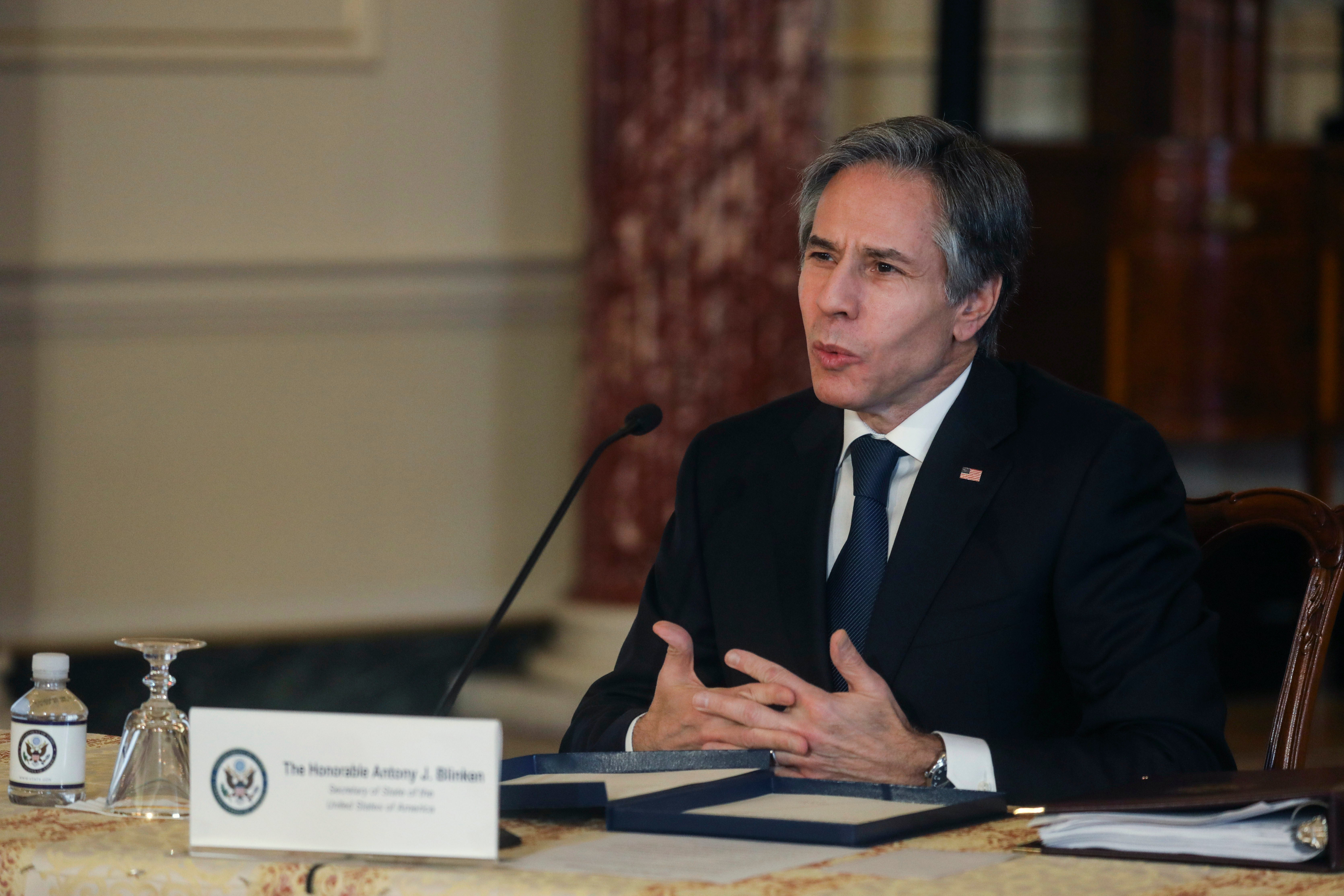US urges UN to stop making aid to Syria a political issue
The United States is urging the divided U.N. Security Council to stop making humanitarian aid to Syria a political issue and open more border crossings to get desperately needed food and other help to 13.4 million people in need

Your support helps us to tell the story
From reproductive rights to climate change to Big Tech, The Independent is on the ground when the story is developing. Whether it's investigating the financials of Elon Musk's pro-Trump PAC or producing our latest documentary, 'The A Word', which shines a light on the American women fighting for reproductive rights, we know how important it is to parse out the facts from the messaging.
At such a critical moment in US history, we need reporters on the ground. Your donation allows us to keep sending journalists to speak to both sides of the story.
The Independent is trusted by Americans across the entire political spectrum. And unlike many other quality news outlets, we choose not to lock Americans out of our reporting and analysis with paywalls. We believe quality journalism should be available to everyone, paid for by those who can afford it.
Your support makes all the difference.U.S. Secretary of State Antony Blinken urged the divided U.N. Security Council on Monday to stop making humanitarian aid to war-torn Syria a political issue and open more border crossings to get food and other help to 13.4 million people in need.
Referring especially to Russia and its close ally Syrian President Bashar Assad Blinken said the council should also “stop taking part in or making excuses for attacks” on hospitals and near the only authorized crossing point, which has closed off pathways to assistance.
The United States holds the rotating presidency of the Security Council this month and Blinken chaired the virtual meeting. He called for a political solution as the Syrian conflict marks its 10th anniversary.
Stressing that all council members either have children or grandchildren, he asked how it was possible not to “find in our hearts the common humanity to actually take meaningful action.”
Blinken, who has young children, asked council members to think of their children.
“Despite our differences we have to find a way to do something to take action to help people. That is our responsibility, and shame on us if we don't meet it," he said.
“Stop making humanitarian assistance, on which millions of Syrian lives depend, a political issue, waiting in hope for the Security Council,” Blinken said. “Let’s end the wait, let’s take action, let’s help the people of Syria.”
The meeting came as the international aid community braced for significant shortfalls at a donor conference starting Monday in Brussels co-hosted by the U.N. and the European Union.
U.N. humanitarian chief Mark Lowcock told the council “the deep economic decay from a decade of war has deepened further over the last year, not least as a result of the pandemic.”
He said the need for aid has jumped 20% from last year and humanitarian organizations coordinated by the U.N. are seeking an estimated $4.2 billion to reach 12.3 Syrians inside the country. He said another $5.8 billion is required for support to countries hosting Syrian refugees in the region.
“We need more money, not less, if we are to avoid a further deterioration — the consequences of which could be dramatic and widespread," Lowcock said.
Henrietta Fore, head of the U.N. children’s agency UNICEF said Syria’s worst economic crisis is “plunging 90% of the population into poverty and across the country nearly 90% of children now require humanitarian assistance."